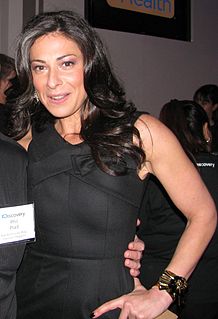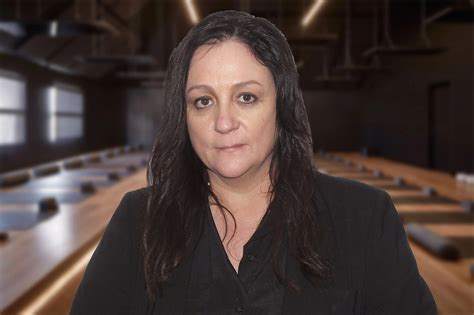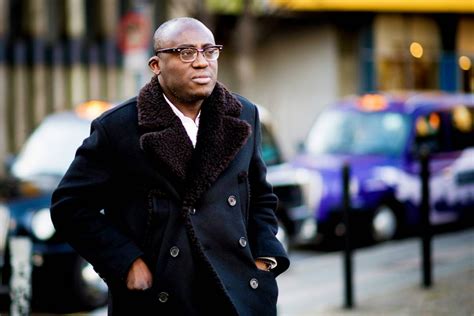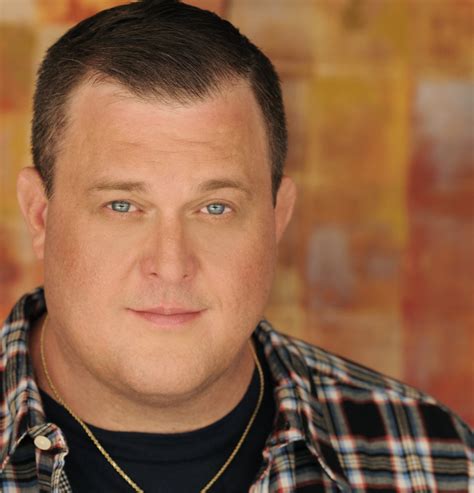A Quote by Trish Goff
Having come from a working-class family in the rural South, the fashion industry opened my eyes to culture, arts, and the world.
Related Quotes
If you come from a working-class background, you can't afford to write full time, because you're just not being paid. Basically, all my arguments come down to Marxist doctrine: The world is shaped by money, so the only voices you'll hear are the ones with money behind them. But thankfully, culture and cool are some things that circumvent money, because if you're cool, people will want to give you money - suddenly you shape the market and people start coming to you. Which is why culture has always been a traditional way out for working-class people.
I have a funny relationship to the British working class movement... I'm in it, but not culturally of it... I was aware that I'd come from the periphery of this process. I was reluctant to go canvassing for the Labour party. I don't find it easy to say, straight, face to face with an English working class family: 'Are you going to vote for us?'
The really successful work in England tends to be working-class writers telling working-class stories. The film industry has been slow to wake up to that, for a variety of reasons. It still shocks me how few films are written or made in England about working-class life, given that those are the people who go to movies.










































